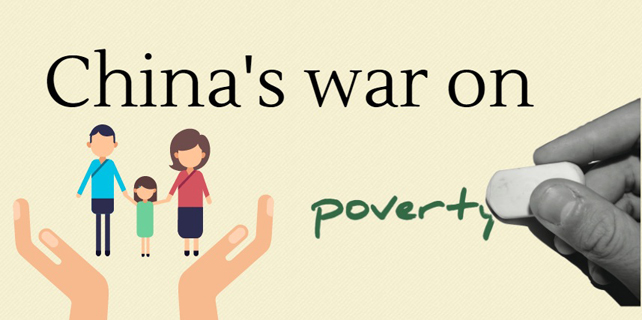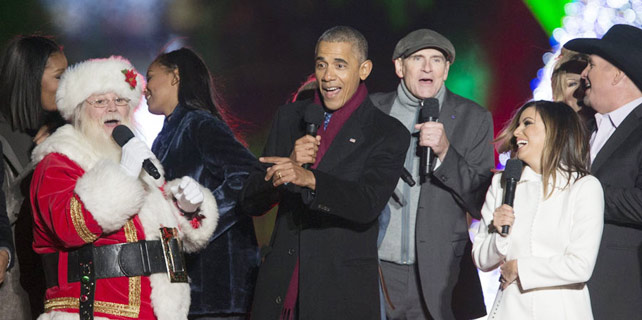Audi, SAIC sales talks on hold
 |
|
Visitors pass by FAW-Volkswagen Audi's booth at the Guangzhou auto show in November 2016. [Photo/China Daily] |
Carmaker delays new network, but production planning continues
German premium automaker Audi AG has decided to temporarily suspend its talks with SAIC Motor Corp over selling its cars because of protests from its existing dealers. But analysts say there is no chance that such opposition would stop the two carmakers' cooperation.
Audi's compromise came after a lengthy, quarrelsome meeting in Beijing involving the heads of Audi China, the Audi sales unit at FAW-Volkswagen Automobile Co, nine representatives of the more than 400 dealers and officials from the dealers association on Nov 30.
The meeting took place one day before the deadline the dealers had set, the date by which they would stop taking Audi stock if they could not have a "clear and satisfactory answer" from the automaker about how to protect their interests. This follows the breakdown of a previous round of talks nine days earlier.
Dealers believe the carmaker's intention to set up another sales network would increase competition and make their life harder, claiming some of them are already burdened with high inventories and other financial problems.
A confidential document signed by Audi China head Joachim Wedler, which is one result of the Nov 30 talks, said it "agrees to temporarily stop the negotiation with SAIC regarding a dealer network and sales channels" until the company's current dealers see stable profitability.
The document, the authenticity of which was confirmed by a source close to Audi, said representatives from Audi dealers and FAW Group Corp will be invited to join the talks between Audi and SAIC when they are resumed before March.
It also shows that FAW-Volkswagen's Audi sales unit will "ensure competitiveness and profitability for today and the future" for the current dealership network, and that it will improve its "regional management of the sales network".
The sales unit could not be reached for comment regarding the next steps, including whether there will be compensation for dealers who claimed the automaker has set unrealistic sales targets and misled them into building more outlets.
There are already 449 dealerships in the country and dozens under construction.
Chinese media reports say the amount of compensation, if there is any, could be as much as 20 billion yuan ($2.9 billion).
However, Audi China spokesperson Martin Kuehl said the sales network "as a whole" is profitable.
Despite the compromise between Audi and its dealers, Chen Hong, chairman of SAIC Motor, told shareholders on Dec 1 that "it is no big deal, and there will be little change to SAIC-Audi cooperation".
The first Audi model to be produced at SAIC Volkswagen is scheduled to be showcased at the Auto Shanghai 2017 show in April.
Audi China confirmed to China Daily that it would suspend its talks on the distribution network but the talks on production will not be interrupted.
Analysts do not think the dealers could, or have the intention to, stop the Audi-SAIC cooperation, either.
Xiao Zhengsan, secretary-general of the China Automobile Dealers Association, said: "These dealers are not against a new joint venture. They are fighting to protect their interests."
He said Audi dealers have been experiencing hard times over the past two years and building a new sales company will make their position even harder.
"That is why they are worried. And they feel they want to be informed if Audi has any new cooperation," explained Xiao.
SAIC Motor said in a statement on Nov 14 that it had signed a memo of understanding with Audi's parent company, Volkswagen AG, three days earlier about building and selling Audi models.
Angry Audi dealers said in a public letter that they were unaware of this until they read media reports.
Zhang Zhiyong, an independent auto analyst in Beijing, said Audi did nothing wrong by inking the deal of producing cars and setting up a new sales company.
"It is no problem because it is legal for Audi to do so, and Audi did not promise FAW not to join hands with others," he said.
He said it depends on the automaker to decide whether it sets up a completely independent network, uses the current sales network or allows current dealers to join the new network.
Zhang suggests the German brand gives current dealers priority in becoming dealers of Audi cars produced at SAIC Volkswagen.
"It would be a win-win for Audi and the dealers. Many of them have a deep understanding of the brand, and they can do a better job than new recruits in promoting Audi's development in China," he said.
Zhang said it is hard to say what may happen in the new round of talks on Audi-SAIC cooperation, when they start in the new year.
"But what is certain is that the quarrel-and-compromise between Audi and its dealers will be remembered as a landmark, as relations between all automakers and their dealers evolve in China, the world's largest auto market," he said.
When asked if Zhang's suggested outcome is possible, Kuehl said he did not want to speculate but "a lot of things are possible, and we will make sure that the interests of our dealers are taken into account."
Audi has long been the best-selling premium auto brand in China, but it is losing momentum compared with its rivals.
The premium carmaker sold 487,265 cars in the Chinese mainland and Hong Kong in the first 10 months of this year.
Despite a lion's share of the market, it represented the lowest growth yearon-year among the three premium car giants, at 5.7 percent.
In comparison, BMW's sales rose 10.2 percent to 423,330 units and Mercedes-Benz sold 387,015 units, a 29.3 percent surge year-on-year.









